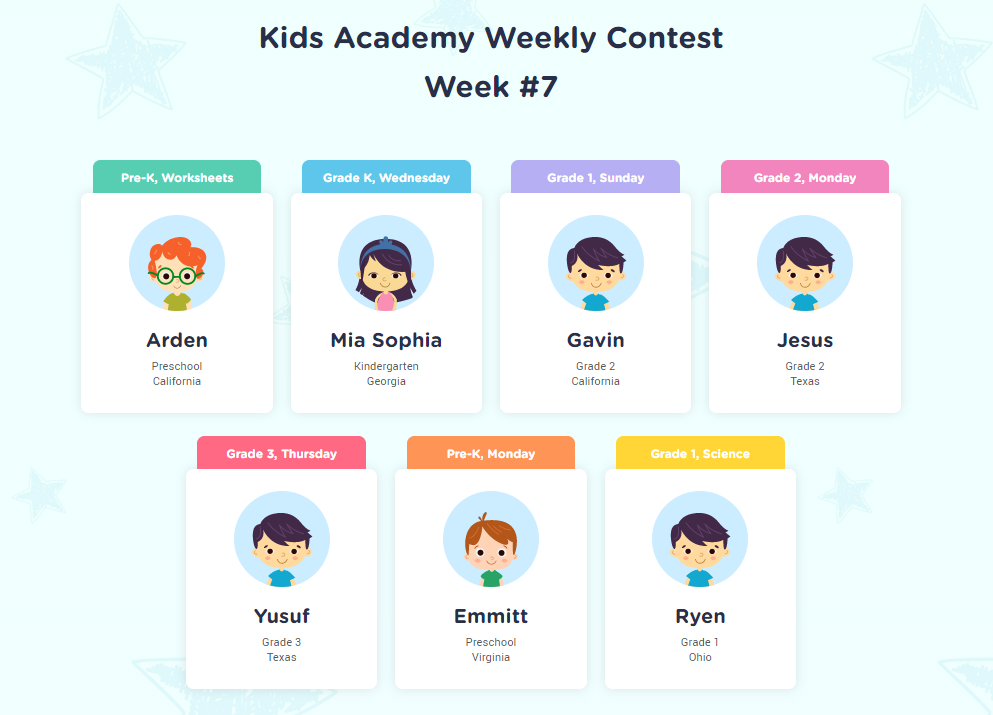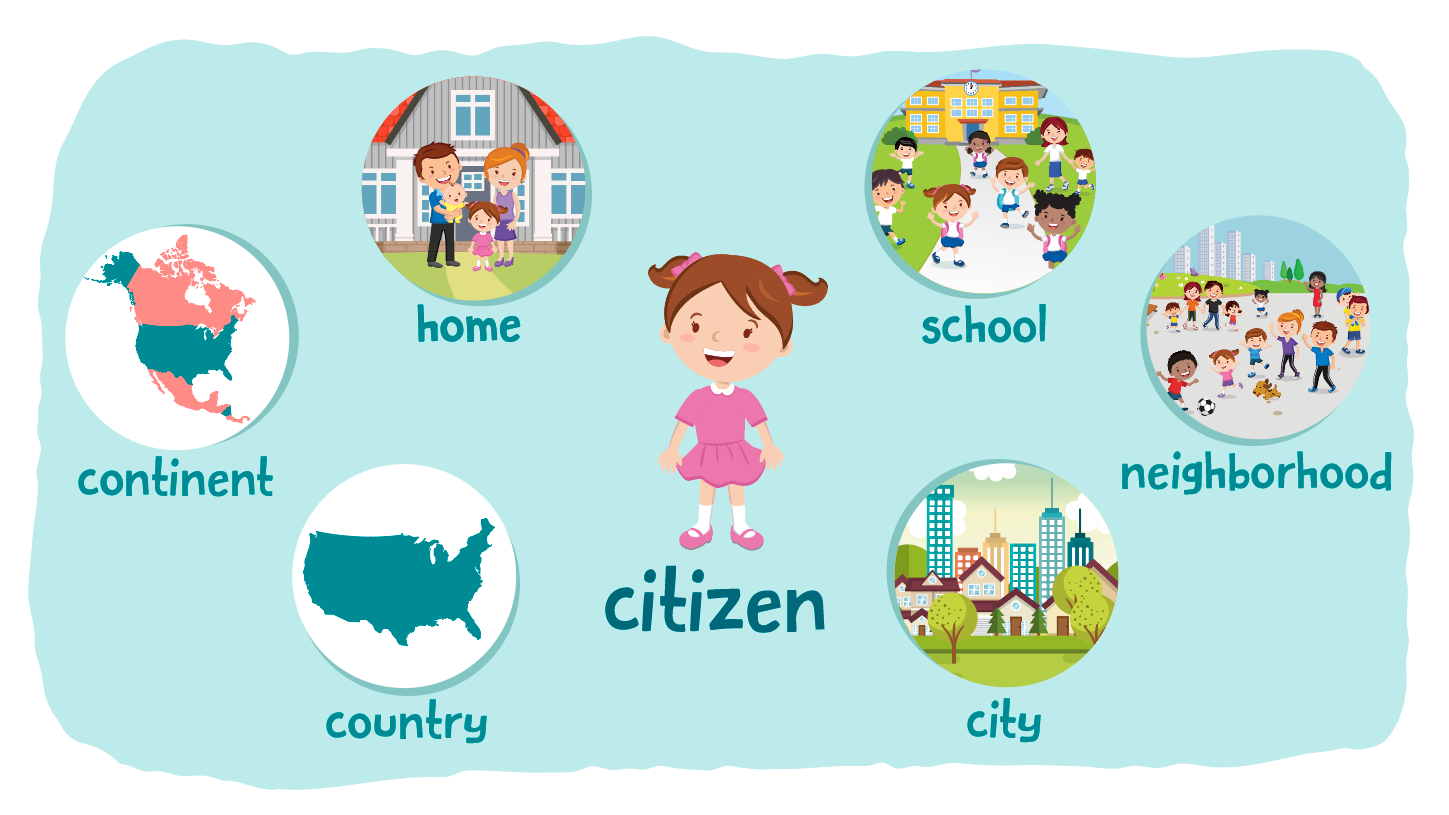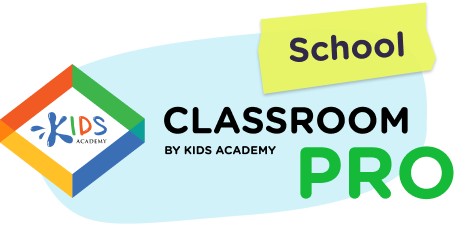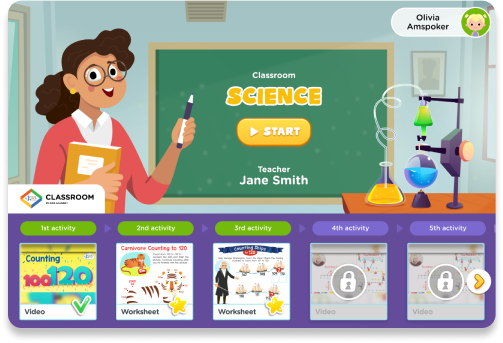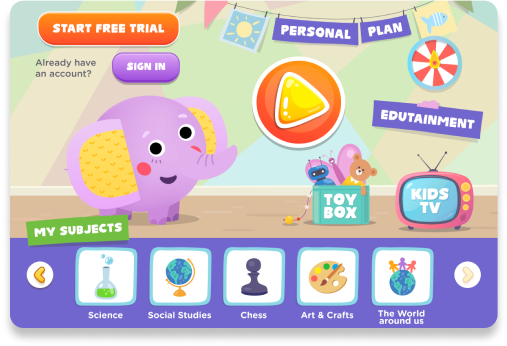Strategic thinking development Extra Challenge Chess Worksheets for Ages 6-9
3 filtered results
-
From - To
Discover the "Strategic Thinking Development Extra Challenge Chess Worksheets" designed for children ages 6-9. These engaging worksheets enhance critical thinking and problem-solving skills through fun chess-related activities. Tailored to boost strategic reasoning, kids will learn the fundamentals of chess while also developing their ability to plan ahead and make effective decisions. Each worksheet offers stimulating challenges that encourage independence and creativity, laying a strong foundation for lifelong cognitive skills. Perfect for classrooms or home learning, these extra challenge worksheets make mastering strategic thinking an enjoyable journey. Explore our collection and watch your child’s confidence and intellectual abilities grow!
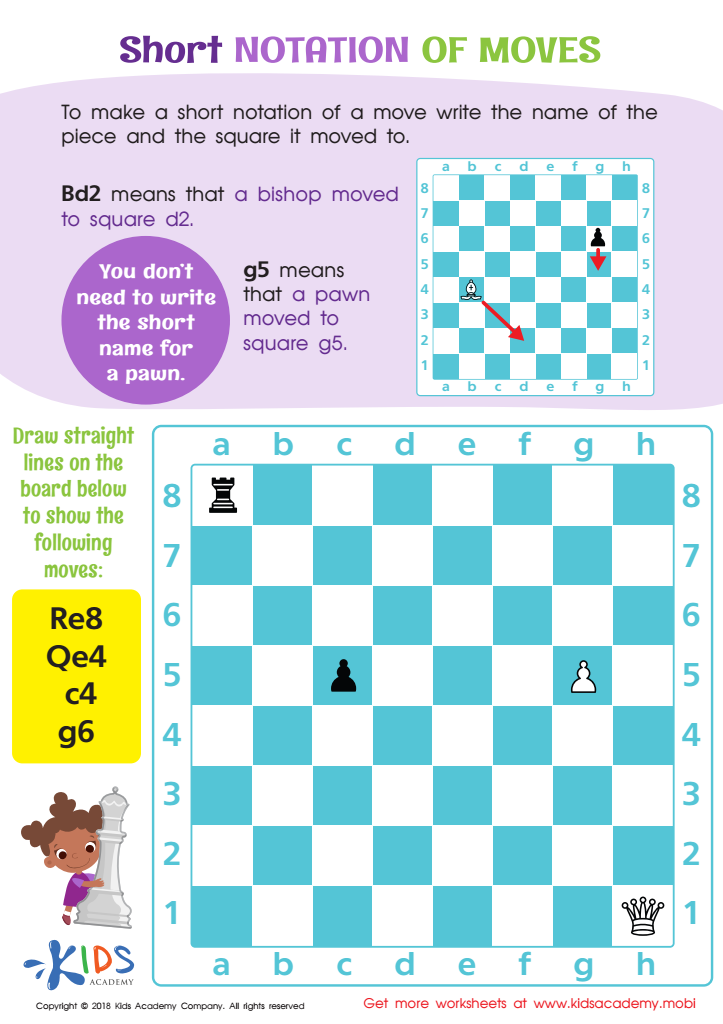

Short Notation of Moves Worksheet
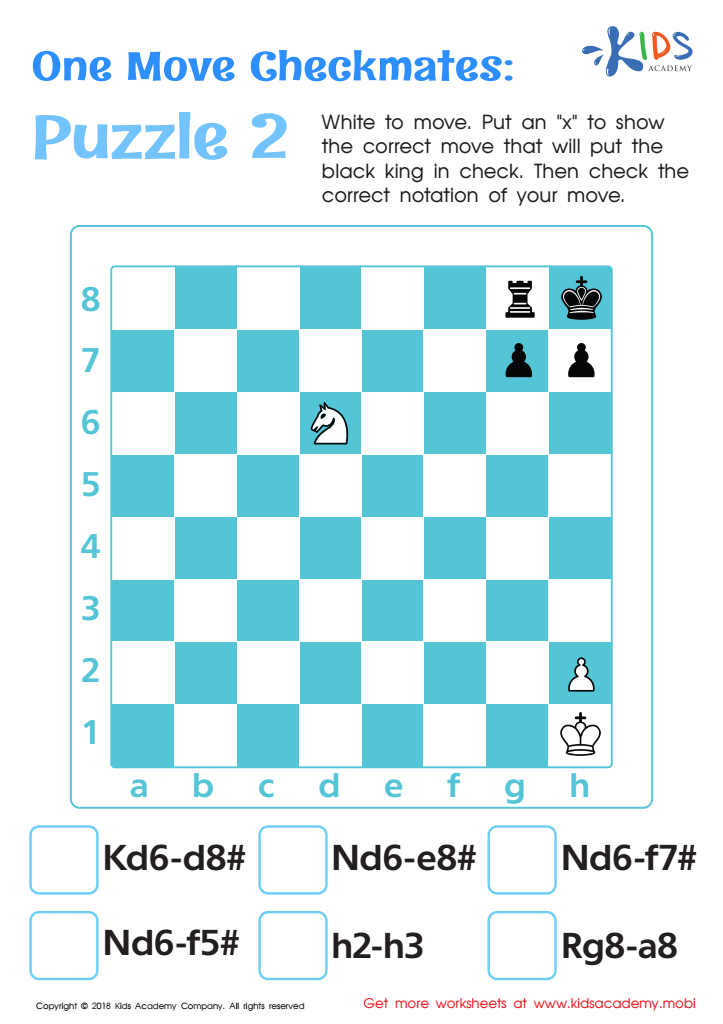

One Move Checkmates: Puzzle 2 Worksheet
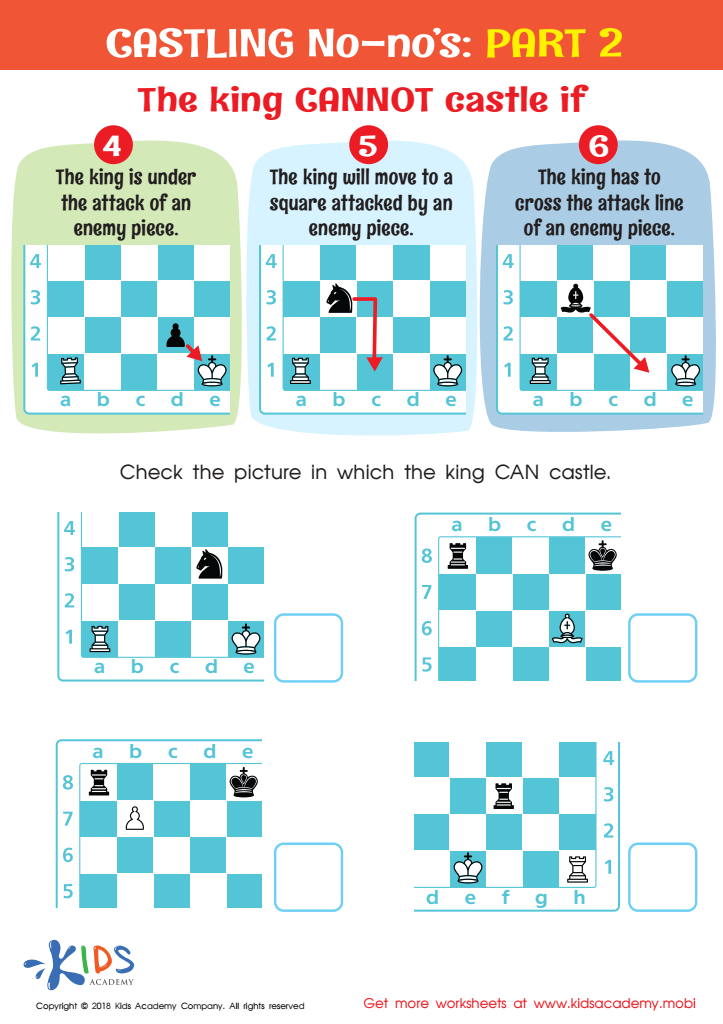

Castling No - no's: Part 2 Worksheet
Parents and teachers should care about the development of strategic thinking in young children through programs like Extra Challenge Chess for ages 6-9 because these skills are foundational for lifelong learning and problem-solving. Chess encourages critical thinking, as players must evaluate multiple potential moves and their consequences. This not only enhances cognitive skills but also fosters creativity and patience, as children learn to devise and modify tactics over time.
Engaging in chess can significantly improve concentration and focus, as students must stay attentive to the board and anticipate their opponent’s strategies. Moreover, the game teaches valuable life skills such as resilience and sportsmanship, helping children navigate wins and losses gracefully. Collaborative play in group settings can cultivate social skills, including communication and teamwork.
Additionally, strategic thinking is increasingly important in today's complex world, where innovation and adaptability are key. By introducing children to chess at a young age, parents and teachers can provide them with essential skills that extend beyond the game. Enhancing these cognitive abilities early on can lead to improved academic performance, increased self-esteem, and a stronger ability to face future challenges with confidence. Overall, supporting children in chess fosters holistic development that benefits them academically and personally.
 Assign to My Students
Assign to My Students



